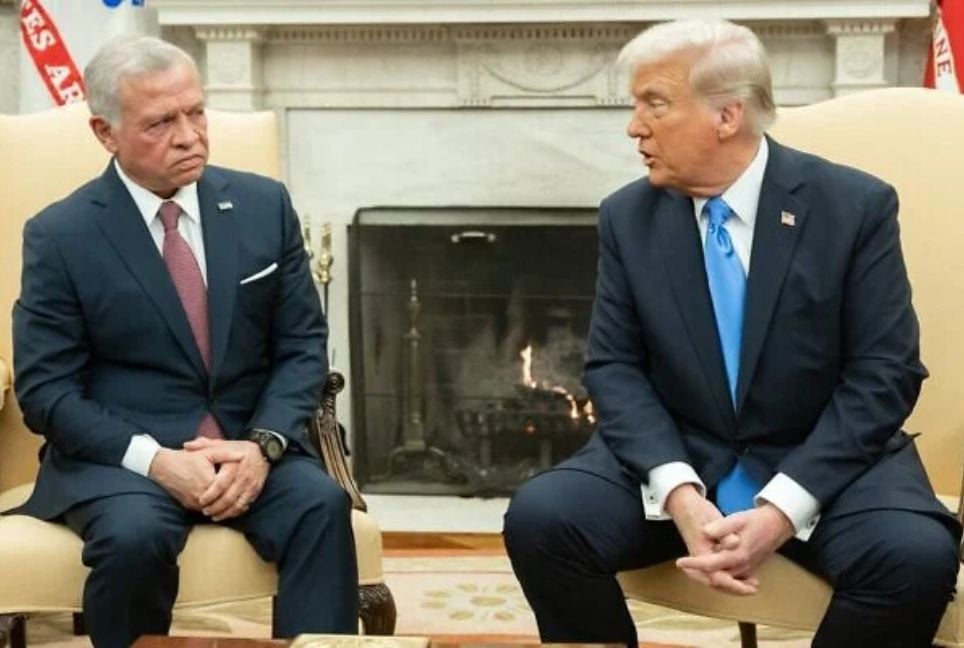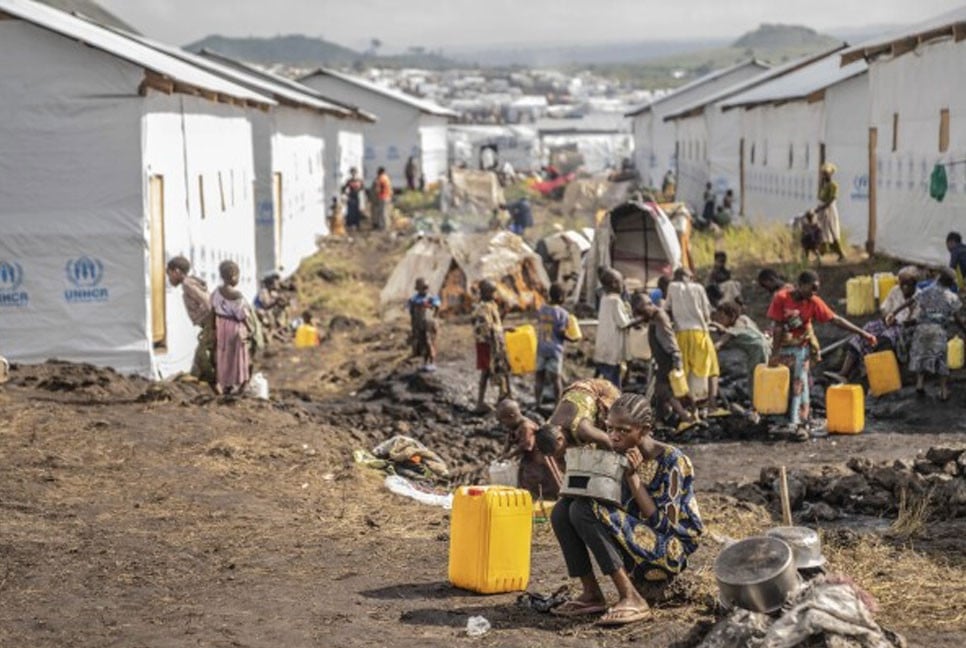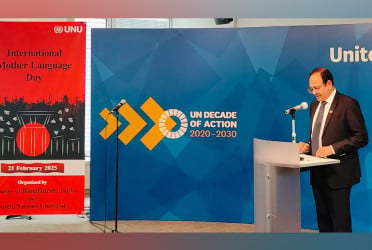Arab leaders will convene in Saudi Arabia on Friday to counter Donald Trump's controversial plan for U.S. control of Gaza and the forced displacement of its inhabitants. The proposal has united Arab states in opposition, but disagreements persist over governance and reconstruction responsibilities.
Trump sparked outrage by announcing the U.S. would "take over the Gaza Strip," relocating its 2.4 million residents to Egypt and Jordan.
In response, Arab leaders will discuss an alternative reconstruction plan. Jordan’s King Abdullah II mentioned Egypt would present a way forward during a meeting with Trump in Washington.
Initially planned for Saudi Arabia, Egypt, the UAE, Qatar, and Jordan, the summit has expanded to include the six Gulf Cooperation Council (GCC) nations and the Palestinian Authority. Palestinians view any forced displacement as a repeat of the "Nakba" of 1948, when hundreds of thousands fled their homes.
Reconstruction is a key concern, as Trump cited Gaza's devastated infrastructure as justification for relocation. Egypt has not formally announced its counter-plan, but former diplomat Mohamed Hegazy described a phased approach spanning three to five years. The first six-month phase would focus on debris removal and setting up temporary safe zones. The second phase would require an international conference to outline reconstruction, particularly utilities. The final phase would focus on urban planning, housing, education, and healthcare.
The UN estimates the cost of rebuilding at over $53 billion, with $20 billion needed in the first three years. The last phase also includes launching a political process toward a two-state solution to ensure lasting peace.
However, financing remains a challenge. While Kuwait may provide funds for humanitarian reasons, other Gulf states are expected to attach conditions, particularly concerning Hamas.
The Egyptian plan proposes a non-partisan Palestinian administration under the Palestinian Authority, along with a security force comprising Palestinian, Egyptian, and other Arab units. Differences remain, with Egypt predicting Hamas's retreat from politics while Qatar insists Palestinians should decide their own future.
Analyst Umer Karim notes that any alternative plan must exclude Hamas to be acceptable to the U.S. and Israel. “Some things within the Strip must fundamentally change for this plan to succeed,” he said. Arab unity, unprecedented in decades, will be essential for any resolution.
Source: AFP
Bd-pratidin English/Fariha Nowshin Chinika




















































